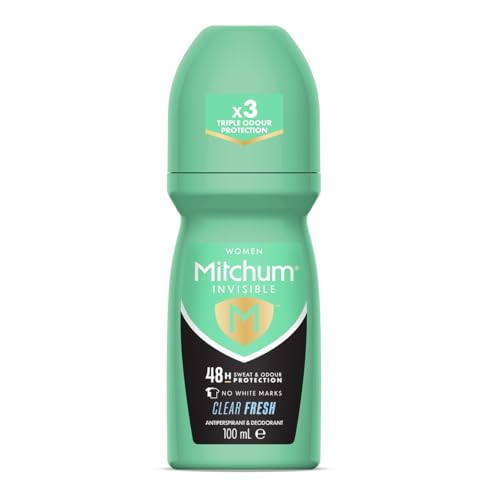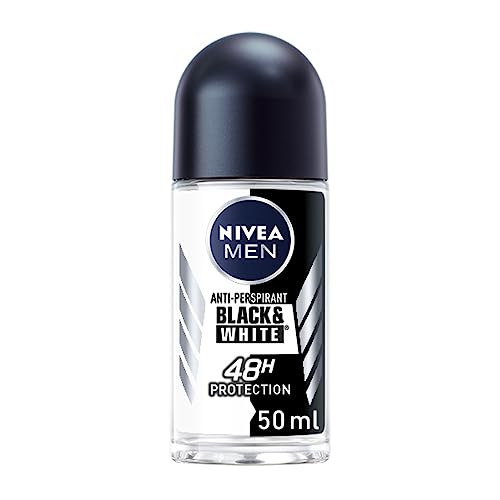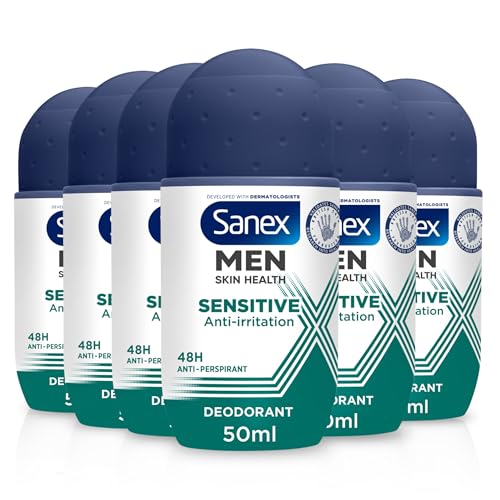Understanding Allergies and Roll-On Deodorant
When it comes to personal care products, individuals with allergies often find themselves having to be extra cautious. Allergies can be triggered by a range of factors, including certain ingredients found in cosmetic products. Roll-on deodorants, like other cosmetic products, contain a variety of ingredients that could potentially provoke an allergic reaction. However, this doesn’t necessarily mean that all people with allergies can’t use roll-on deodorant.
Identifying Allergenic Ingredients
Before determining whether roll-on deodorant is suitable for people with allergies, it is important to identify common allergenic ingredients found in these products. Some potential allergens include fragrance compounds, preservatives, and certain metals like nickel. These ingredients can cause a range of reactions, from mild irritation to more severe allergic responses. It is crucial for individuals with allergies to carefully review the ingredient list of any roll-on deodorant they plan to use.
Finding Hypoallergenic Options
Fortunately, many companies now offer hypoallergenic versions of roll-on deodorant specifically formulated for individuals with sensitive skin or allergies. These products are typically free from common allergenic ingredients and are carefully tested for potential irritants. Additionally, they may be labeled as fragrance-free or contain only natural fragrances. By opting for hypoallergenic roll-on deodorant, individuals with allergies can minimize the risk of experiencing adverse reactions.
Patch Testing for Allergic Reactions
Even with hypoallergenic options, it is still advisable for individuals with allergies to perform a patch test before using any new roll-on deodorant. To do this, apply a small amount of the product to a small area of skin, such as the inner forearm, and wait for 24 to 48 hours. If no redness, itching, or other signs of an allergic reaction appear, it is generally safe to use the deodorant on a larger area of the body. However, if any adverse reactions occur during the patch test, individuals should discontinue use immediately.
Consulting a Medical Professional
If someone with allergies is uncertain about whether roll-on deodorant is safe for them to use, it is best to consult with a medical professional. Allergists or dermatologists can provide personalized advice based on an individual’s specific allergies and medical history. They may also be able to recommend alternative products or provide guidance on managing allergies while using roll-on deodorant. Seeking professional medical advice is always the best approach when it comes to managing allergies and using new cosmetic products.






